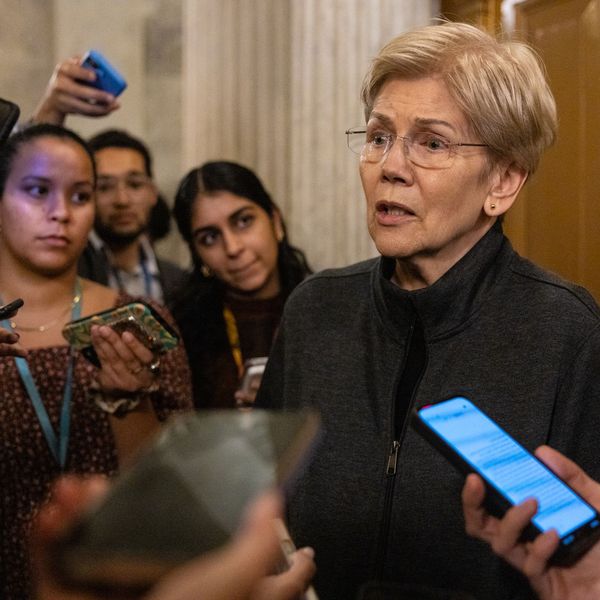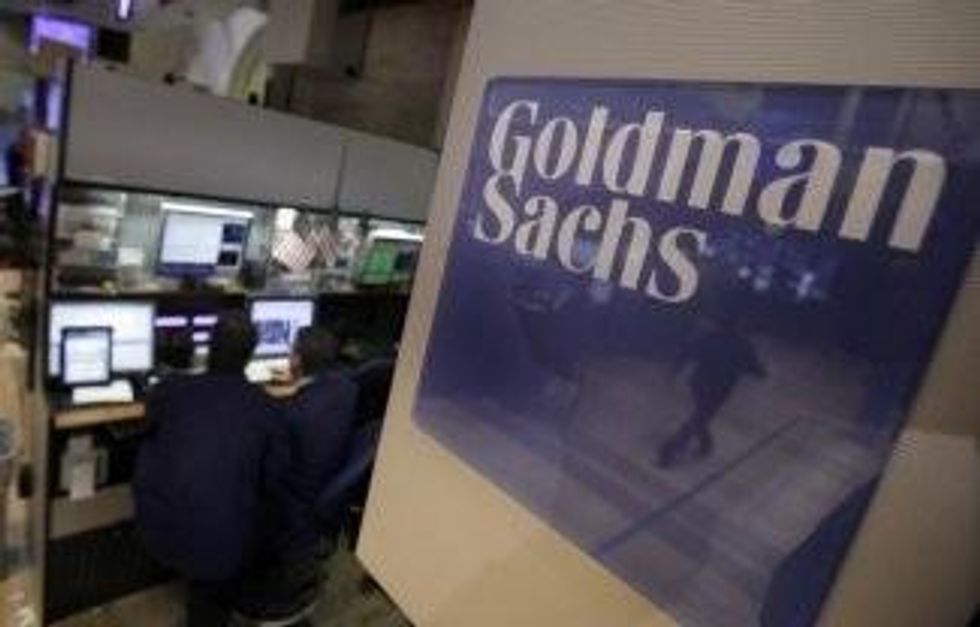I cried all the way to the bank. --Wladziu Valentino Liberace, An autobiography
It was just an unfortunate coincidence that the two events came within a couple of weeks of each other. The first was a legal opinion by Chancellor Leo Strine of the Court of Chancery in Delaware in the case of In re El Paso Shareholder Litigation and the second an op-ed piece in the New York Times by Greg Smith, a former employee of Goldman Sachs and Co. The events and attitudes described in the court opinion and the op-ed piece could apply to many investment banks since they are all in the business of making money and sometimes that interferes with doing what's right. In the case about which the judge wrote, money came between doing what's right and what Goldman did. In the op-ed piece we were told how money corrupted Goldman's corporate culture.
In October 2011 Kinder Morgan Inc. made a 2.1 billion bid for El Paso Corp and retained Goldman to advise it on the deal. Goldman was not only expert in advising on these kinds of transactions but, in this case, had a particular interest in how it was structured. It not only owned 19 percent of Kinder Morgan but also controlled two seats on that company's board of directors. Goldman realized that some people might think that an insurmountable conflict of interest since the less El Paso was paid the better the deal was for Kinder Morgan and, since it was a 19 percent owner of Kinder Morgan, a better deal for Goldman. Accordingly, Goldman advised El Paso to bring in an independent advisor so that Goldman's financial interest in having a low price set for El Paso would not taint the deal. Morgan Stanley was retained by El Paso. This was a brilliant solution except for a couple of things that were articulated by Chancellor Strine when ruling in the shareholder suit. In his ruling Chancellor Strine commented on Goldman's attempts to solve its conflict of interest problem by observing, as Goldman apparently had not, that Goldman continued to "intervene and advise El Paso on strategic alternatives. . . ." He then said that what was even more egregious was that Goldman achieved "a remarkable feat: giving the new investment bank an incentive to favor the Merger by making sure that this bank (Morgan Stanley)only got paid if El Paso adopted the strategic option of selling to Kinder Morgan." In case any one didn't understand the foregoing the Chancellor added: "In other words, the conflict-cleansing bank [Morgan Stanley] only got paid if the option Goldman's financial incentives gave it a reason to prefer was the one chosen." In short, either the Goldman deal went through or Morgan Stanley got no money.
It was a bit of downer for Goldman to have Chancellor Strine's opinion so widely commented on. It caused people like Jonathan Weil who writes for Bloomberg to comment that Goldman had "every incentive to maximize its own investment and fleece El Paso's shareholders." The word "fleece" is not, in common parlance, considered a compliment. That was not, as it turned out, the end of Goldman's March opprobrium.
March 14, 2012, scarcely two weeks after Chancellor Strine issued his opinion, an op-ed piece appeared in the New York Times in which Greg Smith, a former Goldman executive director and head of the firm's United States equity derivatives business in Europe, the Middle East and Africa, announced his resignation from Goldman. In his piece he observed that at Goldman the interests of the client are "sidelined in the way the firm operates and thinks about making money. . . . I attend derivative sales meetings where not one single minute is spent asking questions about how we can help clients. It's purely about how we can make the most possible money off of them. It makes me ill how callously people talk about ripping their clients off. . . . I hope this can be a wake-up call to the board of directors. Make the client the focal point of your business again."
There was no internal memorandum to employees after Chancellor Strine's opinion became public because the Chancellor had said all there was to say. That was not the case with Mr. Smith's commentary. The day the op-ed appeared Lloyd Blankfein, Chief Executive Officer of Goldman, and Gary D. Cohn, its Chief Operating Officer, sent a memorandum to the firm employees. They lamented the fact that Mr. Smith's opinion "is amplified in a newspaper and speaks louder than the regular, detailed and intensive feedback you have provided the firm and independent, public surveys of workplace environments." The "you" to which they refer are the firm's employees. The two men observe that in an earlier survey, 89 per cent of the employees expressed the feeling that the firm "provides exceptional service" to clients. In other words, people who work at Goldman like working there and think highly of themselves and of the firm. That makes Chancellor Strine and Mr. Smith a minority of two. Someone should give Messrs. Cohn and Blankfein a copy of Chancellor Strine's opinion. That might cause them to revise their memorandum. Probably not.



